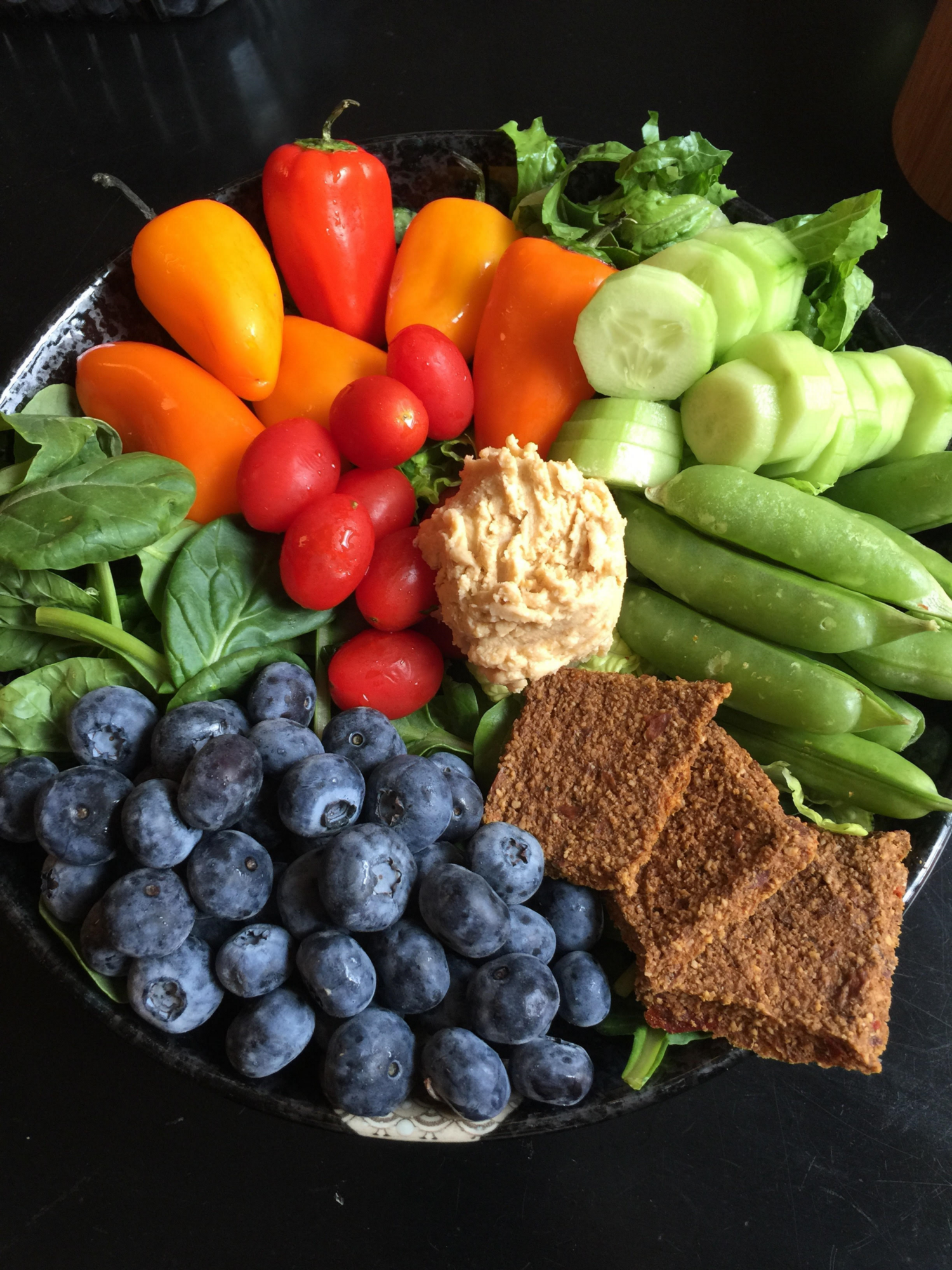Every year, just as the coveted tin of Grandma’s Christmas butter cookies dwindles, and the last of Bubbe’s potato latkes becomes a tasty holiday memory, inevitably the media’s message about cleaning up our eating act to lose unwanted holiday pounds is turned up to a fever pitch.
Many will read articles and listen to broadcasts voraciously in the first weeks of the new year in the hopes of finding one extraordinary eating tip which will clinch their 2017 personal health goals.
So what actually is CLEAN EATING?
Clean eating is vaguely defined. Its many definitions are not necessarily consistent. It may mean different things to every clean eater. However, the focus of clean eating most often includes eating real fresh food, simply prepared with limited ingredients.
The current clean eating trend has led to a publication devoted entirely to the subject. Clean Eating magazine shares their clean eating ethos opposite their editorial page.
“The soul of clean eating is consuming food in its most natural state, or as close to it as possible. It is not a diet; it is a lifestyle approach to food and its preparation, leading to an improved life — one meal at a time.”
Content on clean food is everywhere. Fitness, health and lifestyle brands, best-selling books, online blogs, influencer-based podcasts and television feature segments are all dishing out their version of clean eating strategies.
Many clean eaters mix animal and plant proteins in their diet, trying to keep food as unprocessed as possible and as close to its natural state when it hits your plate. Foods which they tend to avoid include trans fats, sugar, pesticides, hormones, additives and preservatives.

Another group, the Whole Food, Plant-Based eaters has gained significant credence in the world of healthy eating, longevity, weight-loss, optimized health and disease prevention.
The much lauded documentary film Forks Over Knives and their new magazine of the same name, explores the possibility that changing people’s diets from animal-based to plant-based can help eliminate or control diseases like cancer and diabetes.
ForksOverKnives.com offers a clear definition of this research-based, healthy eating style.
“A whole-food, plant-based diet is centered on whole, unrefined, or minimally refined plants. It’s a diet based on fruits, vegetables, tubers, whole grains, and legumes; and it excludes or minimizes meat (including chicken and fish), dairy products, and eggs, as well as highly refined foods like bleached flour, refined sugar, and oil.” (www.ForksOverKnives.com)
Clearly, other films such as Food Inc., Plant Pure Nation, Vegucated, Food Matters, Fat, Sick and Nearly Dead, and more recently Eating You Alive have influenced the perspective of the amounts of nutrient-rich plant foods we should put on our plates in order to thrive..
When Michael Pollan first encouraged us to Eat Food. Not Too Much. Mostly Plants. a decade ago, who could have imagined his sage advice would be the precursor of a Whole Food, Plant-Based Revolution?
Eric Schmidt, executive chairman of Google’s parent company Alphabet has named the number one “game-changing” trend of the future, as the consumption of plant-based proteins instead of meat, according to Healthnutnews.com. Mr. Schmidt has identified this trend of plant-based eating as a vital upcoming technology which will improve quality of life on a global level.
The Power of Plants
This is not a diet.
What we eat the most of on a daily basis in the New Year, will determine how we feel. Packing meals with foods that contain the most micronutrients: vitamins, minerals, phytochemicals and antioxidants is the goal. Plants are the most nutrient dense foods.

Quality Trumps Calories
In the past, it was thought that a calorie is just a calorie, without consideration of the nutrient quality of the calorie. With plant-based eating one need not count calories.
“A plant-based diet liberates us from counting calories, but it goes further; I tell my patients not to count anything. Years of counting points and carbs, and weighing portions, has made them addicted to measuring. It is a huge relief for them to stop having to starve themselves.” -Dr. Garth Davis, author of Proteinaholic
“If half the country ate a single serving more of fruits and vegetables, we could save 20,000 cancer deaths per year… A whole food plant-based diet is more powerful than anything we have in medicine when it comes to chronic (lifestyle) diseases.” -Dr. Michael Greger, author of How Not To Die, from the new documentary film Eating You Alive
A visit to the physician’s office does not traditionally come with a nutrition prescription for a whole food, plant-based diet. Physicians are simply not taught to prevent disease by prescribing real food as fuel. In 2017, plant-empowered doctors are prescribing plants rather than pills to their patients.
An army of physicians, dieticians, coaches, educators, athletes, bloggers, manufacturers, restaurateurs and plant-passionate thrivers, present company included, are encouraging health-seekers to go beyond clean eating to make whole food, plant-based eating true north for nutritional excellence.
I share plant pure food finds and healthy ‘fast food’ recipes on Instagram at http://instagram.com/wholefoodieronna (@WholeFoodieRonna)and tips for getting started on the plant-powered path on Twitter https://twitter.com/Eat4EnergyRonna (@Eat4EnergyRonna).
Make the leaf you turn over this year green: a collard, kale, spinach, Swiss chard, Tatsoi, dandelion, arugula or romaine.
Happy NOW Year.
Originally published at medium.com


